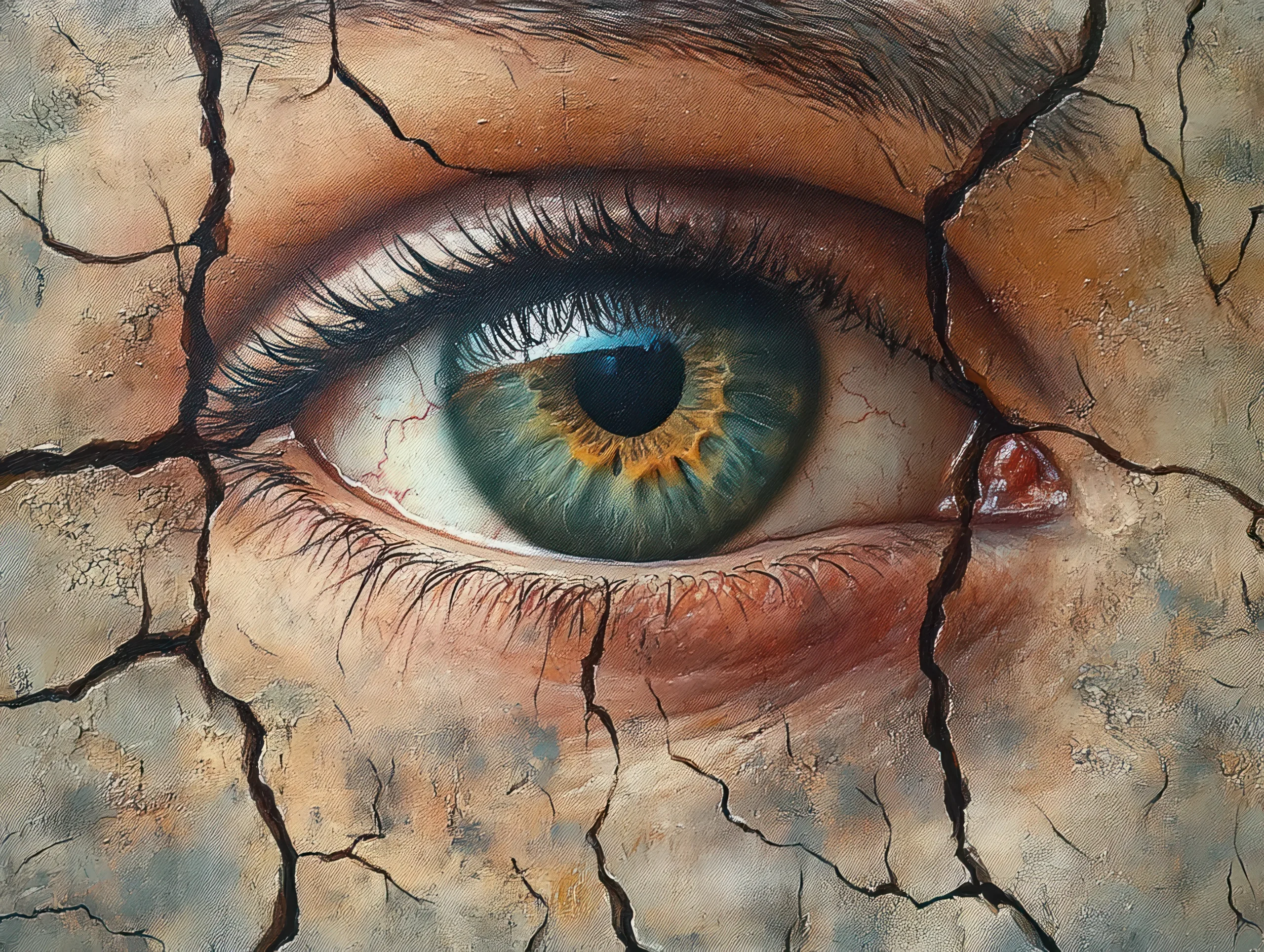When we are stressed or anxious, our thoughts tend to be focused on the negative. Imagination can help us to focus on positive images and experiences, which can help to reduce stress and anxiety. For example, we can imagine ourselves relaxing on a beach or spending time with loved ones. An awesome way is to help to improve mood Imagining positive experiences can help to improve our mood and make us feel more optimistic. For example, we can imagine ourselves achieving our goals or getting a promotion at work.
Besides, we can:
- Boost self-confidence: Imagining ourselves achieving our goals can help to boost our self-confidence and motivation. For example, we can imagine ourselves giving a successful presentation or playing a sport at a high level.
- Manage difficult emotions: Imagination can be used to help us to manage difficult emotions, such as anger, sadness, and fear. For example, we can imagine ourselves coping with a difficult situation in a calm and assertive way.
- Increase creativity: Imagination can help us to be more creative and come up with new ideas. For example, we can imagine ourselves solving a problem in a new and innovative way.
- Improve problem-solving skills: Imagination can help us to think outside the box and come up with new solutions to problems. For example, we can imagine ourselves finding a new way to get to work or solve a conflict with a friend.
Let’s talk about visualization. This can be pretty awesome for us in a down-to-earth way. First off, it’s like a remote control for our lives, giving us this feeling that we’ve got a grip on things. When we imagine good stuff happening, it’s like a secret weapon for boosting our confidence.
Then, there’s this hope factor. Imagine this: when we picture ourselves kicking goals and reaching our dreams, it’s like having a motivational coach on standby, even when life gets tough. It’s like a little spark that keeps our spirits high.
And here’s the cool part – relaxation. Take a moment to imagine your happy place, like a serene beach or a cozy cabin. It’s like a mental escape button that helps dial down stress and anxiety.
And let’s not forget self-awareness. Ever wonder why you react a certain way to stuff? Picturing yourself in different situations can be like holding up a mirror to your thoughts and feelings. It’s like getting to know yourself better.
So, there you have it. Visualization isn’t just some fancy concept; it’s like a friend that’s got your back, helping you feel in control, keeping hope alive, and even giving you a mental spa day. It’s a pretty nifty tool for a happier, more aware you!
There are many different ways to use imagination for self-care. Some common techniques include:
- Mindfulness meditation: This involves focusing your attention on the present moment without judgment. You can do this by focusing on your breath, your body, or your surroundings.
- Creative visualization: This involves creating a mental image of something you want to achieve or experience. For example, you might visualize yourself feeling calm and relaxed, or you might visualize yourself giving a successful presentation.
- Storytelling: This involves creating or listening to stories that are meaningful to you. Stories can help us to understand ourselves and our experiences, and they can also provide us with comfort and support.
- Nature connection: Spending time in nature has been shown to have a number of benefits for mental health, including reducing stress, anxiety, and depression. When we are in nature, we are more likely to experience feelings of peace and tranquility.
- Play: This might involve engaging in activities that you find enjoyable, such as arts and crafts, sports, or games. Play can help us to relax and de-stress, and it can also boost our creativity and problem-solving skills.
It is important to note that imagination is not a substitute for professional help. If you are struggling with your mental health, it is important to seek professional help from a therapist or counselor. However, imagination can be a powerful tool that can be used to complement professional treatment and improve your overall mental health.










